In the pursuit of peak physical performance, athletes and fitness enthusiasts alike are constantly searching for new ways to enhance their capabilities. While the latest training regimens, nutrition plans, and cutting-edge equipment often take center stage, an ancient practice quietly unfurls its potential in the background: yoga. As the modern world grapples with the demands of high-stakes competition, the marriage of physical prowess and mental clarity offered by yoga presents a persuasive argument for its incorporation into training routines. This article delves into the transformative benefits of yoga, illuminating how it not onyl cultivates adaptability, strength, and balance but also fosters a deeper connection between mind and body. Join us as we explore the synergies between yoga and physical performance, uncovering the ways in which this time-honored discipline can serve as a catalyst for unleashing the true athletic potential within us all.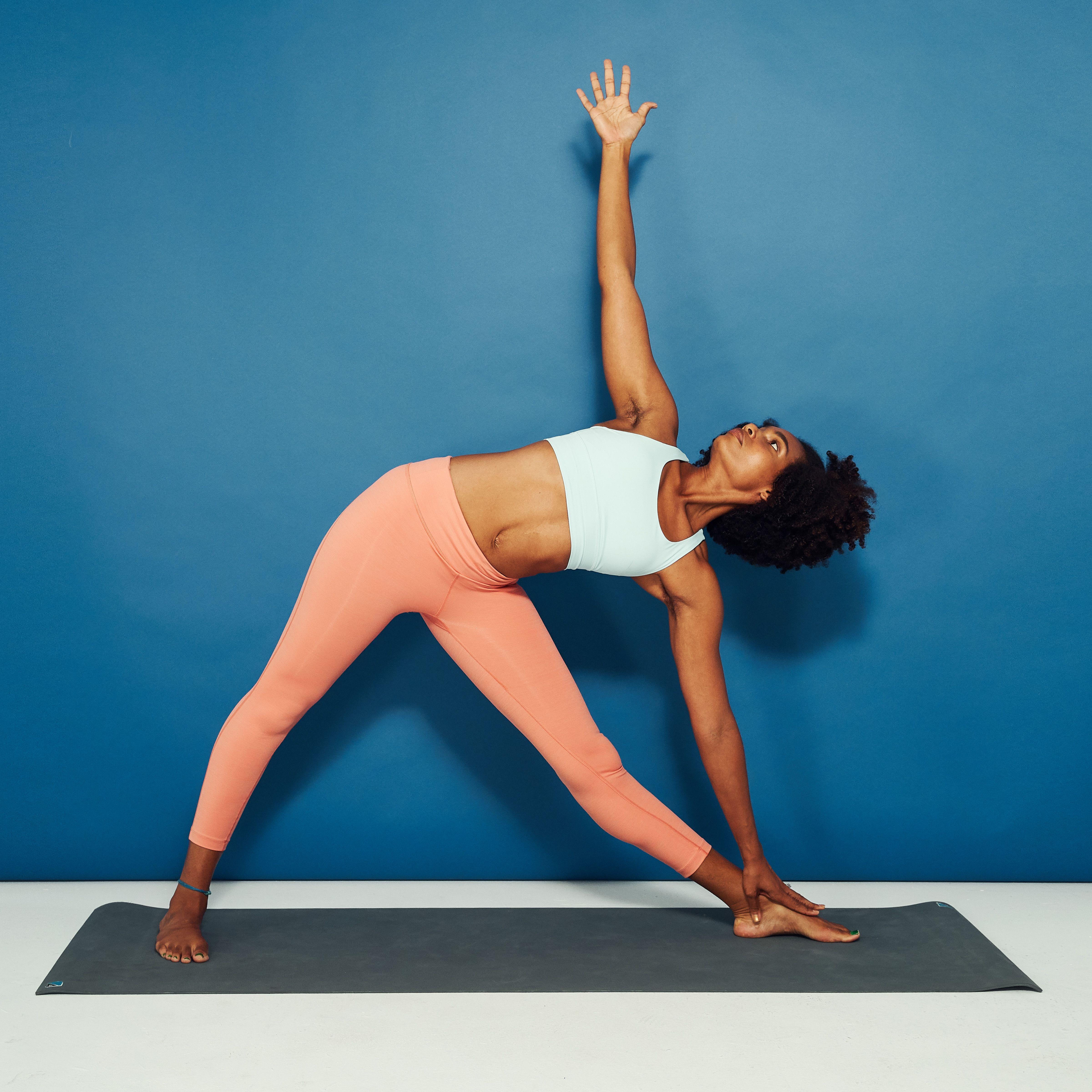
Exploring the Mind-Body Connection in Yoga and Athletic Performance
The intricate relationship between our minds and bodies plays a crucial role in enhancing sports performance. Practicing yoga cultivates a sense of awareness that allows athletes to connect deeply with their physical selves. Through daily routines of breath control, meditation, and posture, yoga encourages individuals to tune into their body’s signals, fostering a heightened sense of focus and concentration. This mindful approach can help athletes minimize distractions, manage stress, and hone their mental resilience, turning the complexities of sports psychology into an advantage during competitions.
Incorporating yoga into an athlete’s training regimen can yield substantial benefits for physical performance. The following aspects highlighted by recent studies showcase the advantages of this approach:
- Flexibility: Improved range of motion and decreased risk of injury.
- Strength: Enhanced core stability and muscle endurance from various poses.
- Recovery: accelerated muscle recovery through restorative practices.
- Balance: Increased proprioception and coordination, essential in many sports.
To illustrate these benefits, consider the following table showcasing common yoga practices and their specific effects on athletic performance:
| Yoga Practice | Physical Benefit |
|---|---|
| Downward Facing Dog | Enhances hamstring and calf flexibility |
| Warrior Poses | Improves lower body strength and stability |
| Tree Pose | Boosts balance and core engagement |
| Child’s Pose | Promotes relaxation and muscle recovery |
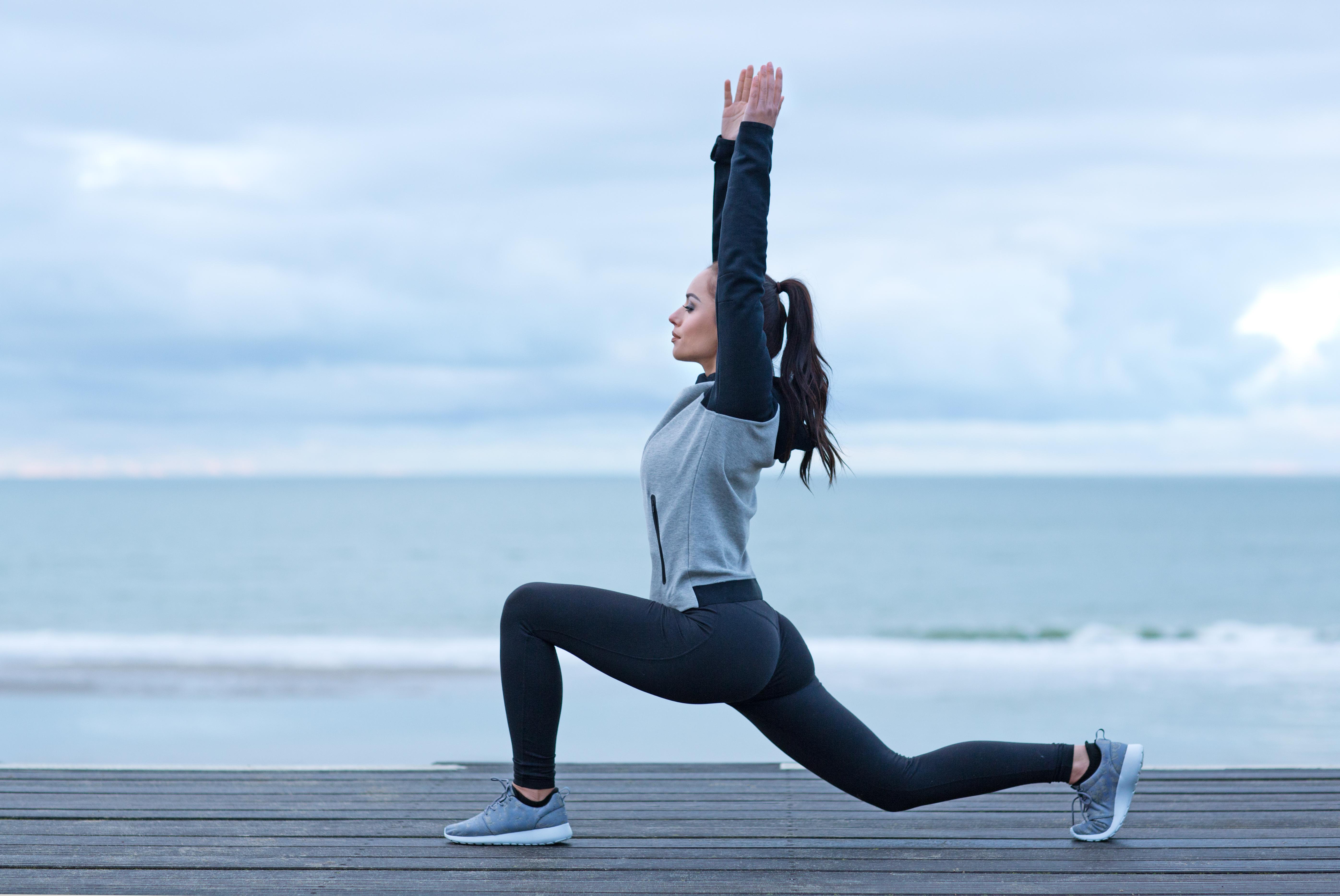
the Role of Flexibility and Balance in Enhancing Strength and Endurance
Enhancing strength and endurance requires a harmonious blend of flexibility and balance, attributes that yoga naturally cultivates. The practice encourages a body that can not only lift and push but also bend and stretch, thus creating a well-rounded athletic foundation. This nuanced approach offers benefits such as:
- Improved Range of motion: Flexibility gained from yoga allows muscles to stretch further, increasing overall performance.
- Injury Prevention: A balanced body is less prone to injuries, fostering long-term health in physical activities.
- Better Posture: Enhanced alignment from yoga helps maintain strength during endurance activities, leading to more effective workouts.
Additionally, balance plays a crucial role in stabilizing movements, allowing athletes to harness their strength efficiently. By integrating poses that challenge stability, yoga empowers individuals to enhance muscle control and coordination, key elements in various sports. the following table highlights some yoga poses that especially benefit both strength and endurance:
| Yoga Pose | Strength Benefits | Endurance Benefits |
|---|---|---|
| Warrior II | Builds leg strength | Improves stamina in lower body |
| Tree Pose | Enhances core strength | Increases focus for extended activity |
| Downward Dog | Strengthens upper body | Boosts blood flow for endurance |
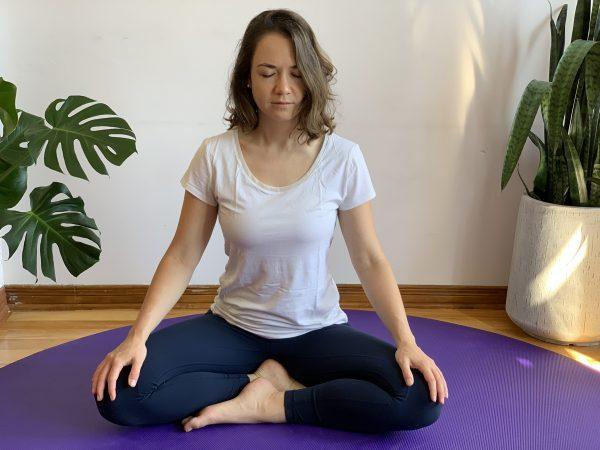
Integrating Breath Awareness for Optimal Performance and Recovery
Breath awareness is an essential aspect of enhancing both physical performance and recovery. By focusing on the breath, athletes and practitioners can cultivate a deeper connection between the body and mind. This connection allows for better oxygenation of the muscles, promoting optimal energy levels during exertion. Incorporating breath techniques, such as diaphragmatic breathing and ujjayi breath, can aid in regulating heart rate and reducing stress, leading to improved focus and concentration during challenging activities. Here are some key benefits of breath awareness in performance:
- Enhanced Endurance: Controlled breathing helps maintain stamina by minimizing fatigue.
- Reduced Stress: Mindfulness of breath can lower cortisol levels,promoting a calmer mental state.
- Improved Recovery: Proper breath techniques facilitate muscle recovery post-exercise by improving circulation and nutrient delivery.
Incorporating breath awareness into a training regimen can also expedite recovery time. breathing exercises post-workout can help flush out toxins, decrease muscle soreness, and promote relaxation. By integrating breath work with yoga practices, practitioners create a holistic approach to athletic performance. Below is a simple comparison of breath techniques beneficial for recovery:
| Breath Technique | Benefits | Best Time to Practice |
|---|---|---|
| Diaphragmatic Breathing | Enhances oxygen intake,promotes relaxation | Post-exercise or during meditation |
| Box Breathing | Balances heart rate,reduces anxiety | Before a workout or competition |
| Ujjayi Breath | Increases stamina,calms mind | During yoga or high-intensity training |
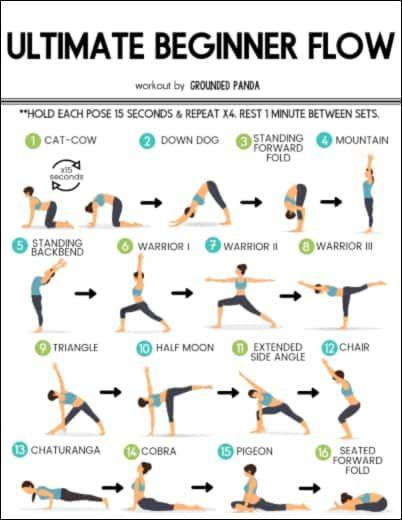
Practical Yoga Routines to Elevate Your Training Regimen
Incorporating yoga into your training regimen can enhance not just flexibility but also strength and endurance,providing a holistic approach to physical performance. start with a series of Sun Salutations to engage all major muscle groups while cultivating mindfulness. Follow this with a few targeted poses such as Warrior II and Chair Pose, which build core strength and improve focus. These poses can easily be integrated into your routine, serving as dynamic warm-ups or cool-downs, allowing you to bridge the gap between physical exertion and mindfulness.
For those looking to deepen their practice, consider a structured routine that includes both static and dynamic sequences. A practical weekly setup could look like this:
| Day | Yoga Focus | Duration |
|---|---|---|
| Monday | Flexibility & Balance | 30 mins |
| Wednesday | Strength & Endurance | 45 mins |
| Friday | Recovery & Mindfulness | 20 mins |
In each session, focus on breathing through challenging poses and incorporate transitional movements to maintain flow. This not only prepares your body for higher intensity workouts but also helps in muscle recovery, ensuring that you maintain peak performance throughout your training cycle.
concluding Remarks
As we draw the curtain on our exploration of how yoga enhances physical performance, it’s clear that this ancient practice offers more than just flexibility and tranquility. It serves as a bridge, connecting the mind and body, enriching not only athletic prowess but also our overall well-being. Whether you’re an elite athlete seeking to sharpen your competitive edge or a weekend warrior looking to fortify your resilience, integrating yoga into your routine can be a transformative journey.
As we embrace the unfolding potential within ourselves, let us remember that the path to excellence is not solely paved with intensity; it is also illuminated by reflection and mindfulness. With each stretch and breath, we cultivate strength in body and spirit, redefining our limits and rediscovering our capabilities. So, as you step off the mat and back into the world, carry this newfound awareness with you, allowing yoga to be not just a practice, but a lifelong companion in your quest for personal growth and peak performance. The transformation is not just in the body, but in the way we engage with every challenge that lies ahead. Unfold your potential and let the journey begin.

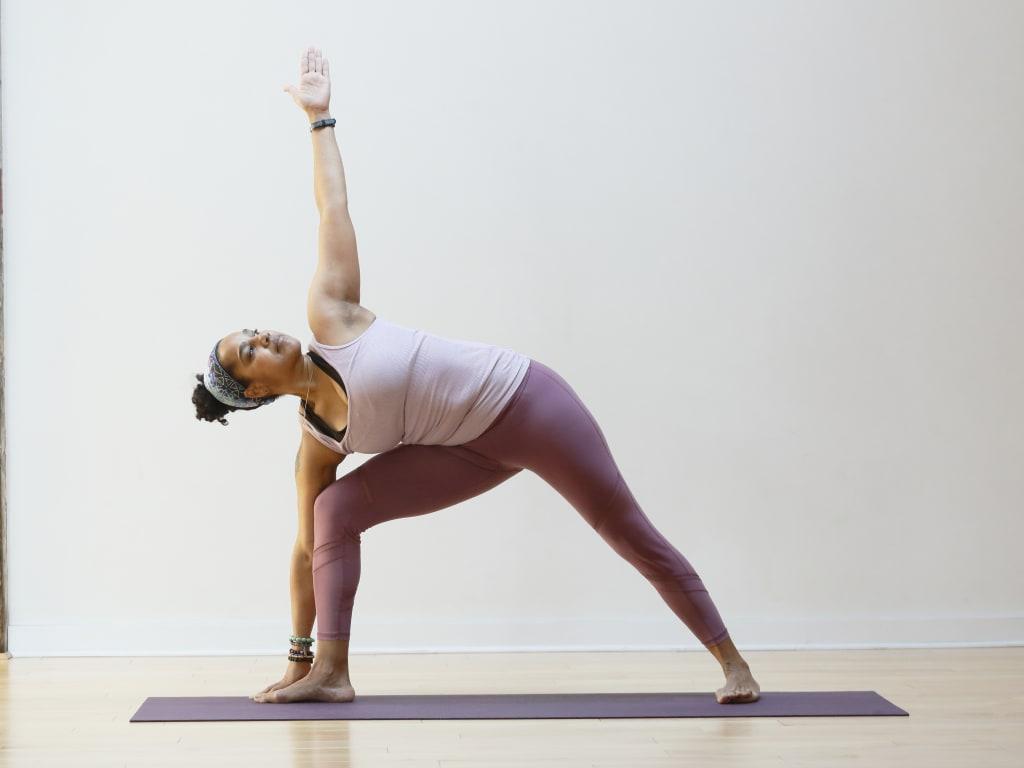



Leave a Reply